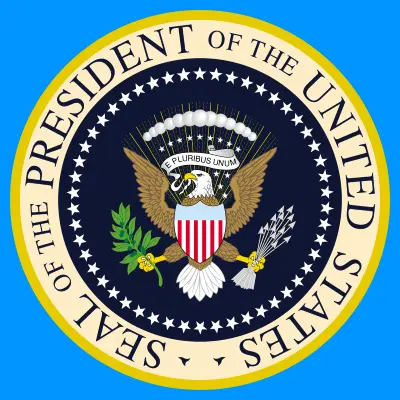Democratic presidential debate seemed designed for Internet memes
-

TV news has long distilled information into sound bites. "But in previous eras of newscasting, those nibbles were extracted from longer streams of conversation," says Ian Bogost. "One-liners meant to glorify or shame would get extracted later from morning-show interviews or campaign-trail speeches. They didn’t just come into the world naked and alone." This week's debate looked more like the Hunger Games with candidates vying to have their social media breakout moment, he says. "To succeed in this context—if indeed any successes befell the field, let alone the electorate—requires a precise execution that looks more like internet speech than it does television conversation," says Bogost. "The only way to win in this media context is to produce a meme-worthy victory from your own mouth, or to force your opponents to fall into a memeable gaffe. For an idea or action to be real, let alone coherent, it must be created for the express purpose of escaping its original context and living on as a social-media virus." He adds: "All throughout its almost 80-year commercial history, television has been deemed dangerous for two major reasons. First, because it condenses large, complex ideas into smaller, simpler ones. And second, because it invites the obsessive, endless stare-down of those ideas. The internet only accelerated those vices, launching ever more, ever smaller notions from anyone’s mouth, and perfecting the psychological apparatus that glues eyeballs to them almost constantly. The television stayed at home, at least, and had to be turned off on occasion. But the smartphone has no limits."
ALSO:
- The debate's time limits are legitimately insane: "Sorry, but anyone who thinks you can say something profound or even halfway complete about a topic like climate change in 45 damn seconds is kidding themselves," says Shane Ryan. "It’s the cheery 'do more with less! of the political world, and every bit as unrealistic."
- Overall, the two-night debate was a good starting point considering its large size
- Kareem Abdul-Jabbar says debates are "fun television," but voters are the real loser
- What was missing from the first debate was an actual debate
TOPICS: 2020 Presidential Election, MSNBC, NBC, Telemundo, Kareem Abdul-Jabbar, NBC News
More 2020 Presidential Election on Primetimer:- CNN Boss Chris Licht Wants Staff to Stop Saying 'The Big Lie' (Report)
- Before Fox Business anchor Maria Bartiromo interviewed then-President Trump in November 2020, she texted her questions to his chief of staff Mark Meadows
- Voting technology company Smartmatic sues One American News and Newsmax
- Newsmax apologizes to Dominion Voting Systems employee who was subjected to 2020 presidential election conspiracy theories
